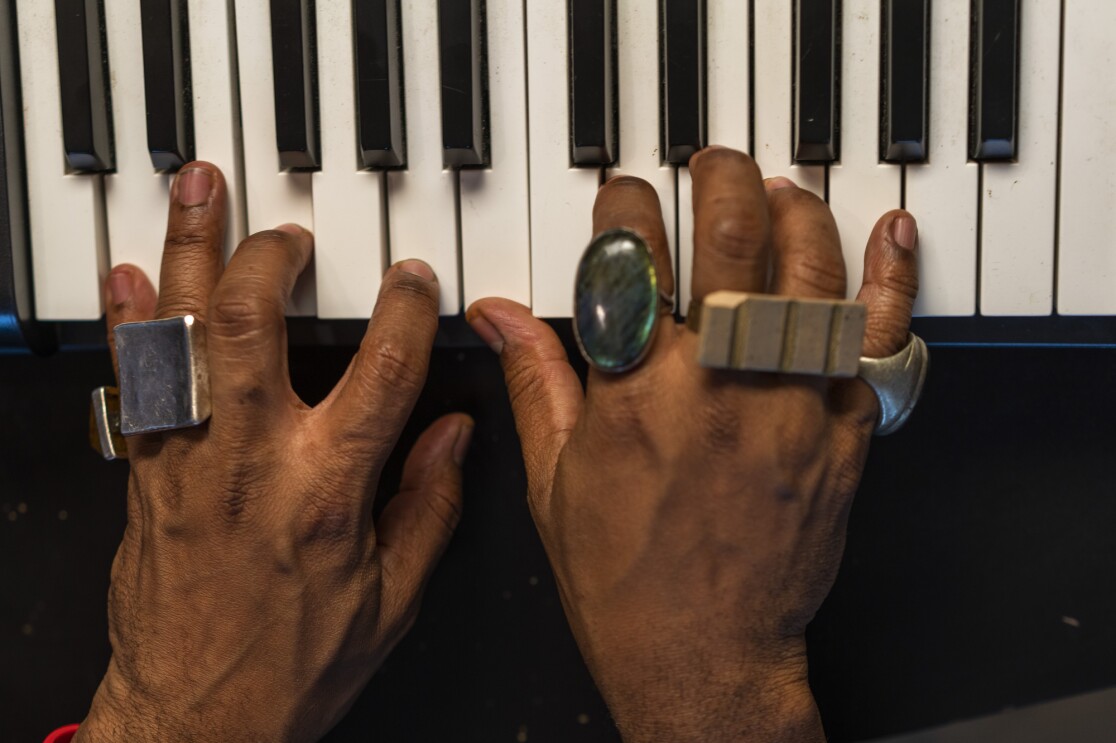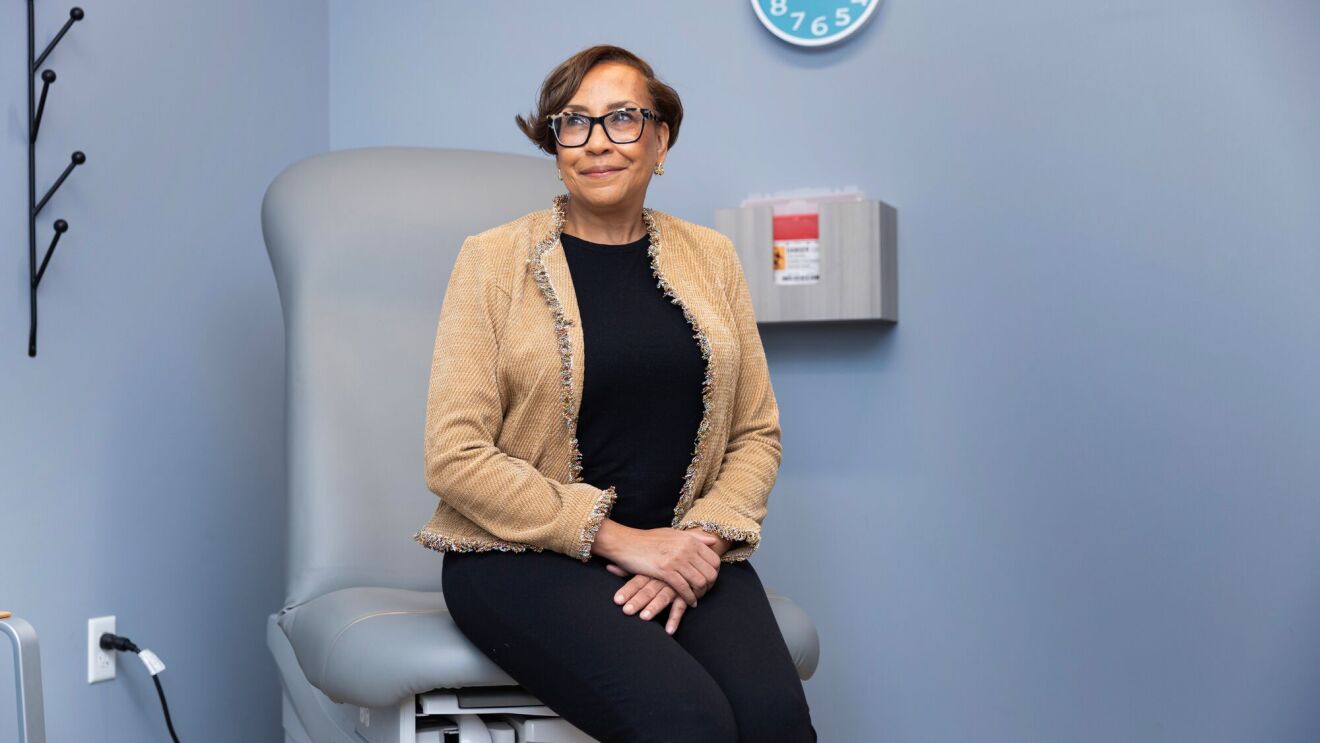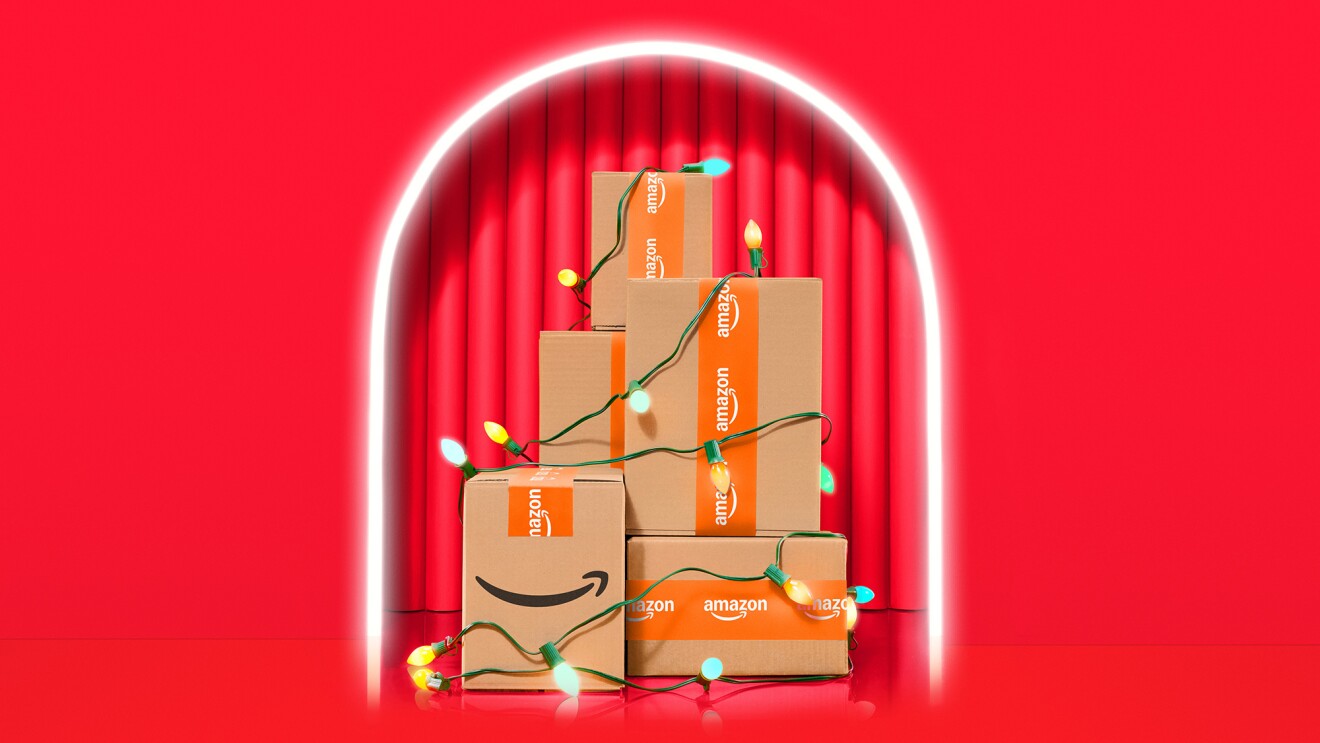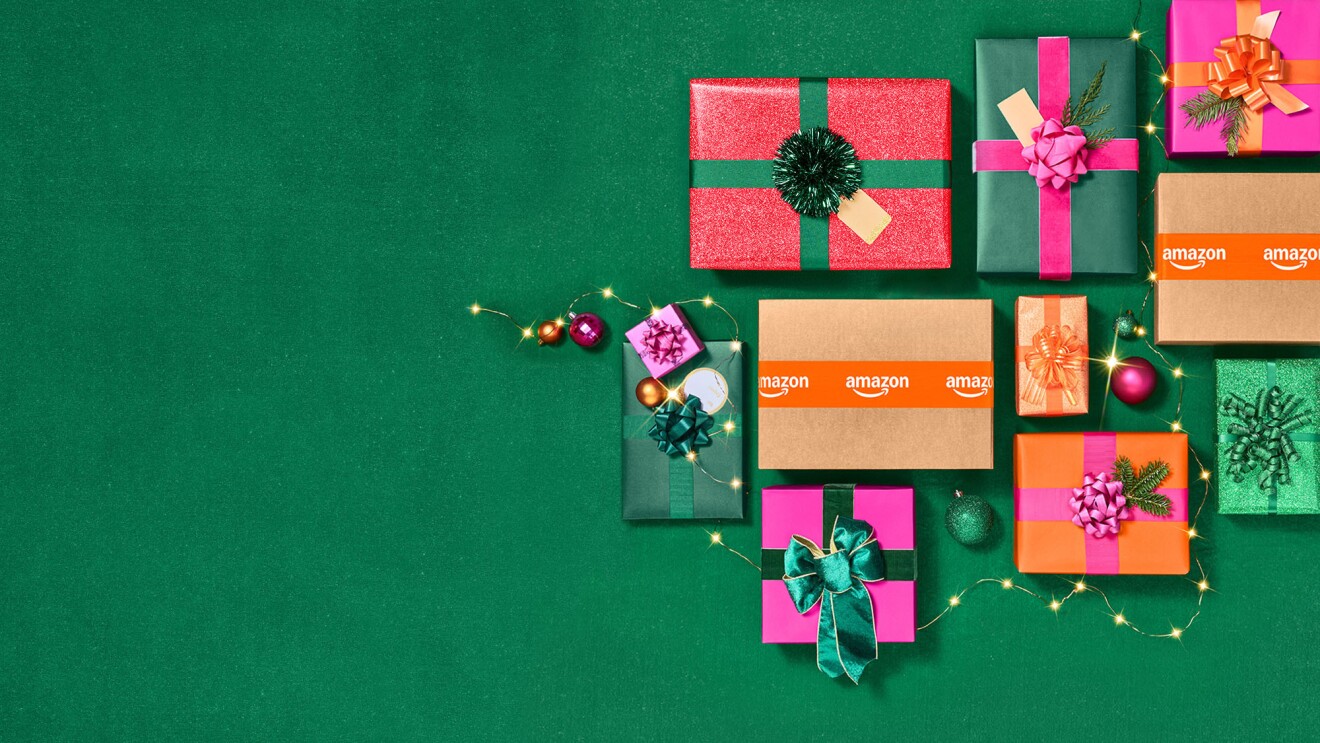Updated March 29
A teenage boy had a question for the rapper. He knew that COVID-19 had canceled all the rapper's shows around the world and wiped out every cent of his concert income. And since this particular rapper was his dad, the boy suddenly found himself worrying about big things—like the roof over their heads. So he asked his question twice, just to be sure.
"Are we going to be good?"
"We'll be fine," said the dad, who performs under the name Kokayi and describes himself as coming from a long line of women and men who worked their way up from "meager, less than meager, and tragic beginnings."
"Yeah, I know," his son said. "But will we be good?"
"I know what you're saying. We'll be fine."
Like so many parents during the pandemic, Kokayi didn't know how all the bills were going to get paid. And like most human beings who make good music, and even great music, this Grammy-nominated artist is not a household name, and he's not rich. His wife has a career, and he'd still make money when fans played his songs on streaming services. But there was no getting around the reality that most of his income depended on the world being a place where it was safe for people to crowd into venues and hear the music they love being performed live.
01 / 04
Along with the simple need to pivot and find new ways to make money, Kokayi wanted his actions to send a message to his teenage son and daughter. "This is life. And life will throw these curveballs and things that you'll never predict," he said. "And what are you supposed to do? Are you supposed to wallow and fall apart? My father used to say, 'You can cry, but you can't wallow.' I've seen some lows—really, really low lows—and made it even through that. You trust in the God of your own understanding and trust in your own abilities. It's about being as resilient as possible when there's nothing."
Resilience relates to the purpose behind Kokayi's music. His songs tell stories of the African diaspora and of Black lives in America. His raw ingredients are musical instruments and computers and his voice—rapping, singing, noise-conjuring—and even field recordings he gathers by going outside and capturing the everyday sounds of cars, birds, anything with natural rhythm. "Think about everything that you love to listen to, and you'll probably find it in what I do," he said. He credits his hometown, America's capital city: "In D.C., what you have is a mix of the indigenous music of Go-go, you have punk, you have rock, you've got hip-hop, you've got funk, you've got everything."
When I see the audience's reaction, it's giving me that old feeling. I'm back.
Kokayi
What Kokayi needed most in 2020 was a way to fill his calendar back up with gigs. He wanted to use the internet, but he didn't have the first idea of how to stream a performance. He didn't just want to point a smartphone at himself. He wanted great sound and vibrant visuals. He wanted the magic of what a live show allows him to give—and get—from an audience. So he researched. And when he figured out what he needed, he shopped. Due to a condition that puts him at high risk for COVID, that meant shopping online.
"I was searching everywhere," he said. "And then I just started looking on Amazon. I found cam links and things that I needed to be able to broadcast. I found gels for the lights that I was using. I needed a bunch of adapters for the old cameras that my dad gave me. These weren't things that I could just run out of the house and get, so part of the solution was turning to Amazon so I can get those things and get them in time to do certain performances."
Since the start of the pandemic, Amazon absorbed more than $5 billion in operational costs on behalf of independent businesses selling in Amazon’s store, most of which are small and medium-sized businesses, and the company expects to invest billions more through 2021.
Once Kokayi made his purchases, he got an extra lift when his wife became a creative collaborator, using her own professional skills to turn their dining room into a concert venue and get him back in front of his fans. "She started talking about uplighting, and then she started making sets. Her biggest thing was 'As long as you credit me with my set design, we're good.' So I would shout her out on any videos."
Performing online has proved to be everything Kokayi hoped it would be. "When I see the audience's reaction, it's giving me that old feeling. I'm back," he said. "The most rewarding thing is getting messages from people that are further away than I actually would have been touring. You just never know what your reach is like until it's actually out there in the ethers."
He added, "It's super important to keep creating during this time because the creativity is being sucked out of you in every other situation, right? It doesn't necessarily have to be music, but art, even coloring in a coloring book—something that can allow you to get those emotions and feelings out."
Beyond that advice, he's also nudging friends, loved ones, and anyone else who will listen to consider talking to a therapist. Pre-pandemic, he went to therapy once a month. Now, he's upped his sessions to double that. He's public about it because "men going to the therapist is not looked upon highly. And then, as a subsection of that, Black men in the Black community are not celebrated for taking care of their mental health. I tell my friends to go get your head looked at because you don't know what kind of trauma you bring into your relationships that you need to sort out. Like, I can't be a complete human being for my kids if I'm sitting over here with all this baggage."
From his ancestors to his fans to his hometown to his marriage, Kokayi is thankful for everything that gives him the strength and flexibility to face this moment, find a path forward, and tap into some true faith when the next generation asks "Are we going to be good?"
 "It's super important to keep creating during this time," Kokayi said.
"It's super important to keep creating during this time," Kokayi said. Trending news and stories












